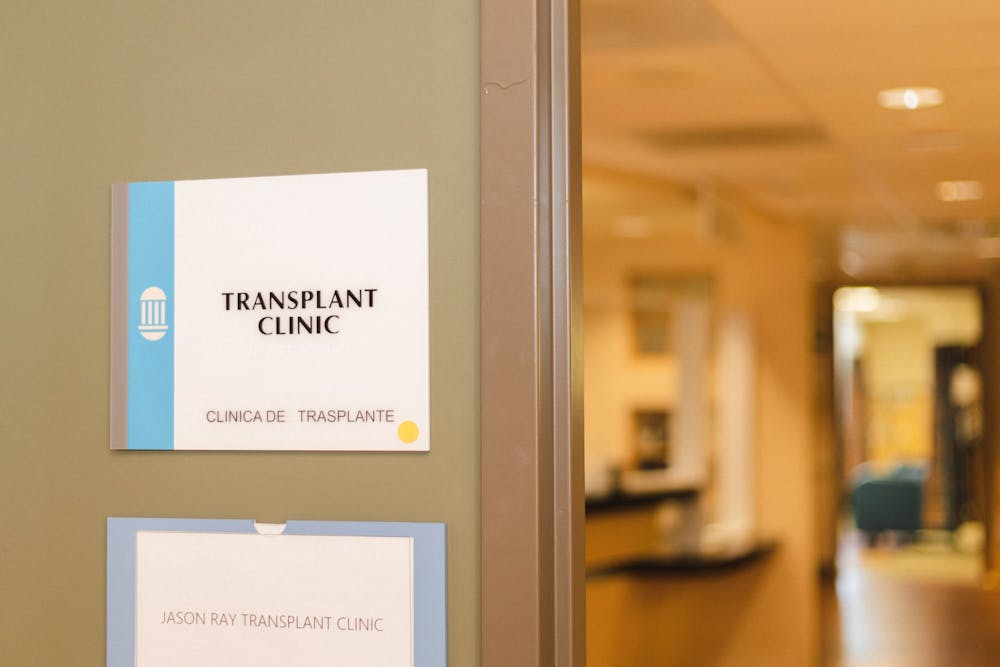Every April, National Donate Life Month encourages people to sign up to become organ donors through activities and events that foster community engagement and education.
However, some believe a history of medical discrimination and inequity in the health care system has targeted underrepresented groups and continues to affect the donation process for both organ donors and recipients.
“There is a lot of medical distrust, and it's rightfully earned in a lot of cases,” Tiffianna Elmore, DMV and teen outreach program manager for Donate Life NC, said.
North Carolina has a population of about 10.6 million people, but only 5.6 million are registered to be donors, according to Elmore.
As of December 2022, the Organ Procurement & Transplantation Network approved a new policy that addresses racial biases in estimated glomerular filtration rate (eGFR) calculations—which gauge kidney function. Doctors use these calculations to assess how sick a kidney patient is.
The policy requires hospitals to assess their transplant waiting lists and backdate waiting times for Black kidney transplant candidates who were disadvantaged by the use of race-inclusive eGFR calculations.
According to OPTN, the use of Black race variables in calculating eGFR values was found to overestimate a Black patient’s kidney function by as much as 16 percent.
Overestimating kidney function means that a patient could appear to be less quantitatively sick than in reality, which may influence placement on the transplant waiting list.
In June 2022, the OPTN board of directors voted unanimously to implement a race-neutral eGFR calculation.




